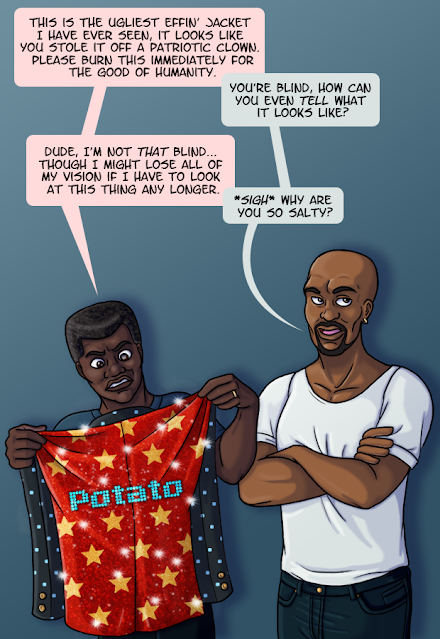Formats: Print, audio, digital
Genre: Thriller
Audience: Y/A
Tags: Disability (Vision Impairment, Cognitive, Learning Disability)
Takes Place in: Oregon, USA
Content Warnings: Abelism, Alcohol Abuse, Animal Abuse, Animal Death, Bullying, Child Abuse, Death, Drug Use/Abuse, Forced Captivity, Gaslighting, Illness, Medical Procedures, Physical Abuse, Mentions of Rape/Sexual, Slurs, Verbal/Emotional Abuse, Violence (Highlight to view)
| Sixteen-year-old Cheyenne Wilder is sleeping in the back of the car while her step mom fills a prescription for antibiotics. Before Cheyenne realizes what's happening, the car is being stolen. Griffin hadn't meant to kidnap Cheyenne and once he finds out that not only does she have pneumonia, but that she's blind, he really doesn't know what to do. When his dad finds out that Cheyenne's father is the president of a powerful corporation, everything changes--now there's a reason to keep her. How will Cheyenne survive this nightmare? |
As you can probably guess, Cheyenne is not having a good day. Though her kidnapper's, Griffin, isn't going much better. The story alternates between the points of view of these two main characters, as they anxiously stumble their way through a bad situation. Cheyenne, who has been blind for about three years following a car accident, describes her world in sounds, smells, and sensations. Sick, feverish, and stranded without her guide dog and cane, she does her best to outwit her captors and survive her terrifying ordeal. Meanwhile, Griffin, who's almost as panicked as Cheyenne, struggles between listening to his conscience and obeying his abusive, criminal father. You can sense his denial, born from years of abuse, his desperation for love and acceptance, and the fear that's holding him back. The two characters, both trapped in terrible situations, form an unlikely bond as they nervously wait for Griffin's father to make a decision.
Not having any sort of severe visual impairment myself (other than my corrective lenses), I can't say how accurate April Henry's depiction of a blind/low vision person is. But Cheyenne's disability does seem to be well pretty researched, as far as I can tell anyway. For example, Cheyenne still has some of her peripheral vision in one eye, a nice touch since about 85% of legally blind people have at least some light and/or form perception, and complete blindness is relatively rare. And the description of how a guide dog and its owner work together sounded pretty accurate, at least from what I've read. She doesn't fall victim to any of the common blindness tropes either. Then there's this reviewer, who is herself blind, and says the portrayal of Cheyenne's visual impairment is pretty spot on, and relatable. So there you go.
He's salty because people keep accusing him of "faking" his blindness just because he can sort of see things six inches from his face with one of his eyes.
 |
| Speaking of blind ninjas, did you know Daredevil and the Teenage Mutant Ninja Turtles share an origin story? It has nothing to do with Girl, Stolen, it's just cool. |
Other pet peeves of the visually impaired include the little stickers on fruit and people who ask them to guess who they are by their voice. Seriously, don't do that.
As for the story itself, it's
definitely a thriller, and a well written one. I couldn't put Girl, Stolen down and ended
up finishing it in only a few sittings (and that's only because I was
interrupted by annoying grown up responsibilities). Yeah, I know I haven't gone over the writing that much, but honestly, I can't really get into the plot without also going into spoiler territory, and part of what makes this story so great is the suspense. Of course, there are still a few flaws. Usually Henry is able to blend
the backstory of the characters smoothly into the story, but it does get bogged
down by random info dumps in a few places. I like when I learn new things from
books, but not when they're awkwardly shoehorned in. You don't need to
stop the story to explain what vehicle identification numbers are, I
could have just Googled "VIN" if I didn't know. Nor do we need a
completely unnecessary explanation of what the Nike company is. In fact, why even bother using a
real company in your book if you then have to explain what they do? Thankfully
these instances are few and far between. The two main characters were interesting and well written, but everyone else was pretty bland, especially Griffin's one-dimensional, evil father.
Oh, and for any readers who are visually impaired, the audiobook narrator, Kate Rudd does a pretty good job, though she does seem to struggle with male voices (some of them sound pretty silly), which can be distracting during a suspenseful scene. But for the most part it's well acted; Cheyenne sounds great, and Rudd really makes the listener feel the tension. A sequel, Count all her Bones, came out this past May.



No comments:
Post a Comment